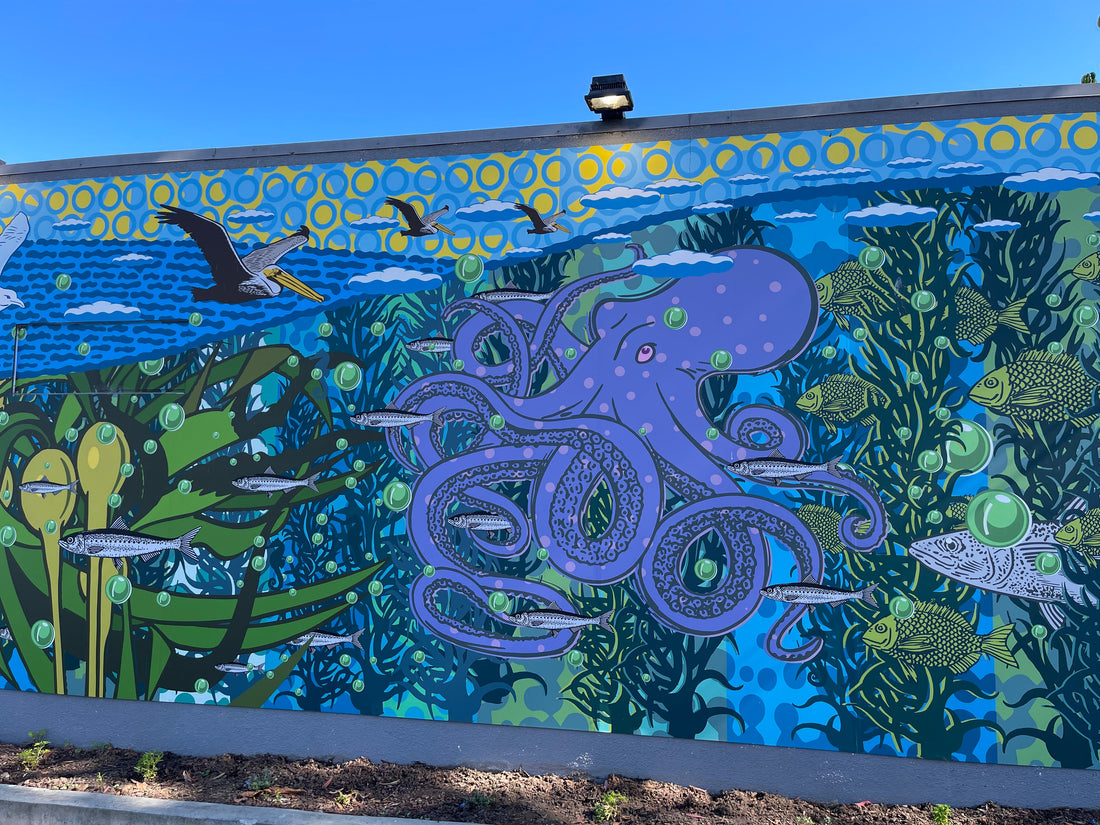Why Empathy and Science Go Hand in Hand: Looking at Everything from Every Lens
Pelagic ProblemsWhen people think of science, they often picture data tables, lab coats, and complex equations. Empathy, on the other hand, evokes something warmer: connection, care, shared humanity. But here’s the truth: science and empathy are not opposites. They’re teammates. And when they work together, they unlock a deeper, more impactful way of understanding and interacting with the world.
Whether you're studying climate change, marine ecosystems, medicine, or engineering, integrating empathy into your scientific process means looking at everything from every lens, not just what’s measurable, but what’s meaningful.
Empathy Expands the Questions We Ask
Science is built on inquiry: What’s happening? Why? How can we fix it? But empathy adds another layer to those questions: For whom? With what consequences? Who gets left behind if we don’t ask more?
When we start thinking through these lenses through someone else’s eyes, we get better science. More inclusive questions. More relevant research. Better outcomes.
A Doctor Can’t Diagnose Without Empathy
Think about what happens when a doctor sees a patient. Sure, they might start with a blood test or listen to your heart, but if they don’t ask the right questions, they might miss everything.
- When did the pain start?
- What have you been eating?
- Have you traveled recently?
- What’s going on at home?
All of those questions require empathy. You can’t treat someone without understanding their full story—and that means listening without judgment, considering their background, and being open to what they’re not saying, too. If a doctor doesn’t look at everything from every angle, they risk misdiagnosis. That’s not just a scientific failure—it’s a human one.
Empathy is what turns a diagnosis into healing. And that lesson applies across all scientific fields.
Looking Through Multiple Lenses = Better Science
Let’s take climate science as another example. The data tells us sea levels are rising. Glaciers are melting. Temperatures are spiking. But what does that mean for someone living in a Pacific Island nation? Or a family whose home floods every hurricane season? Or the communities who’ve contributed the least to the climate crisis but are facing its harshest impacts?
Empathy brings people and their lived experiences into the room. It helps scientists design questions and solutions that are human-centered, equitable, and rooted in real-world urgency.
Empathy Prevents Harmful Oversights
Science without empathy has a dark history: unethical medical trials, environmental racism, exploitation of land and people. When curiosity isn’t grounded in care, it can cause harm. Empathy acts like a compass, guiding us not just toward innovation, but toward justice.
It makes us pause and ask:
- How can this research uplift rather than exclude?
- Whose voices are missing from this conversation?
- How can this research uplift rather than exclude?
-
Communication Is Where It All Comes Together
If you can’t explain your research in a way that connects with people—across cultures, ages, or educational backgrounds—what’s the point? Empathy helps scientists become better communicators. It’s what lets us translate complexity into clarity.
When we lead with empathy, we’re not just sharing information—we’re building bridges.
-
Empathy and Science Are Both Skills
Here’s the good news: empathy, like science, is something you can practice. You can learn it. Strengthen it. Use it to challenge your own assumptions. And in doing so, you become a better scientist, educator, or citizen.
So let’s stop thinking of empathy as a “soft” skill. It’s a sharp tool and one that science can’t do without.
-
Final Thought
To truly understand the world, we have to look at it from every lens: scientific, social, cultural, emotional. That’s where empathy comes in. It keeps science rooted in humanity. It reminds us that data represents people. That ecosystems include communities. That every discovery carries responsibility.
Empathy and science don’t just go hand in hand they’re two halves of the same whole.

